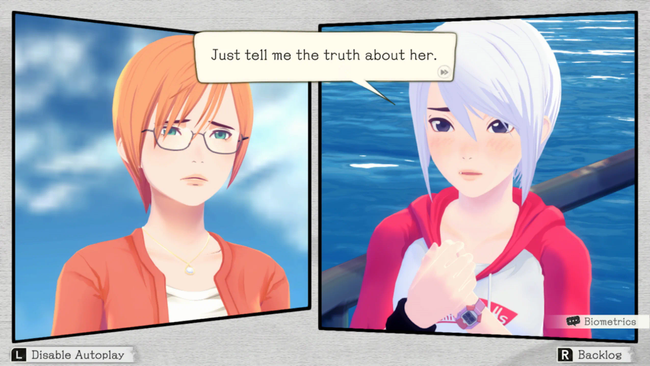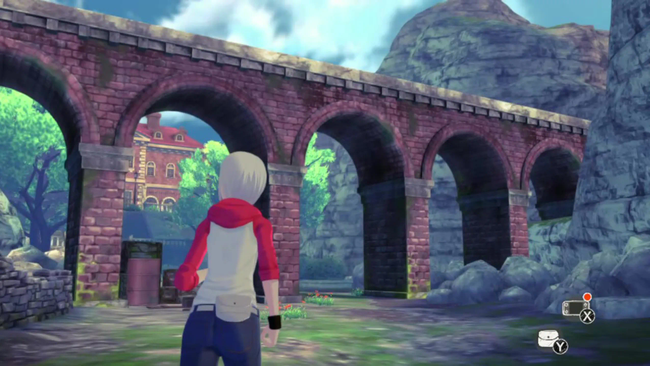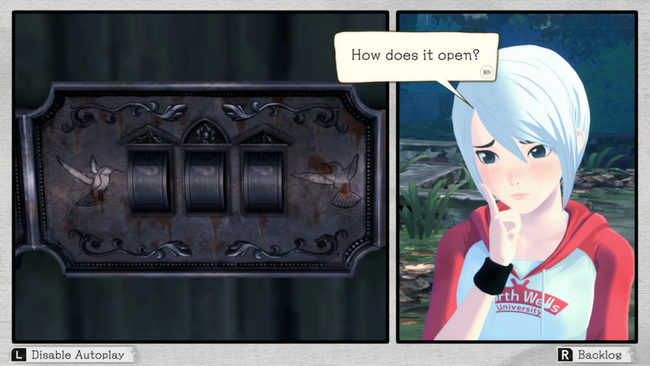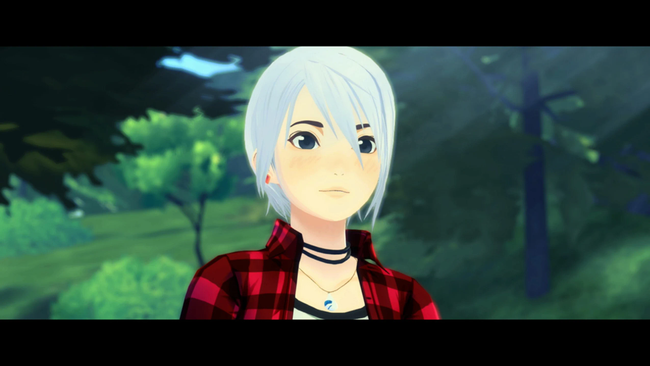
Another Code: Recollection Review
Memories are a fickle thing; they can hold the remnants of our precious loved ones, and they can bear the scars of our most traumatic events. It can be both a source of distress, as well as a comfort then, that our memories might not match up with reality; that upon recollection, we might find that our memories don't line up with our own past. It feels appropriate, then, that Another Code: Recollection - the remake compilation of Cing's Nintendo DS and Wii cult classics, which themselves waxed about the nature of memories, would take the chance to switch things up a notch when tasked with remaking games which very much could never be fully recreated in the modern day, and on modern hardware.
If you aren't familiar with Another Code, you may be familiar with Trace Memory; the early Nintendo DS game which became a bit of a cult classic. The name of the franchise was changed for its North American localization, and customary to the time - we never received the game's sequel. Europe managed to receive both the DS original as well as its Wii follow-up, though much like Cing's other DS cult classic in Hotel Dusk, over here in the states we never had the chance to continue the story. Recollection, fittingly, remakes both games, and fits them in a single package.

Setting aside Another Code R - the Wii entry - for a moment, it goes without saying that in translating a DS game into a Nintendo Switch release necessitated a complete retooling of most of what made that game tick. It's still a Japanese-style Adventure Game, where players take control of Ashley Mizuki Robins on the eve of her 14th birthday as she explores Blood Edward Island to both reunite with her dad who she long thought to be dead, while also working to help the friendly ghost "D" remember his life and what ultimately lead to his untimely demise - and how it ties into the island's bloody history.
Visually, Another Code: Recollection is a stunning glow-up. While the artstyle has seen a drastic shift in the nearly twenty years since the game's original release, there's an aetherial - almost dreamlike - aura to the lighting around Blood Edward Island. Like we're only a single step away from the scene being cast in a sepia tone; as both the past and the present blends into an almost seamless melody. While Ashley slowly recalls memories of her parents, so too does D of the events that transpired all those years ago as the two discover traces of the people who had called the island their home.

While much of the narrative of the first game remains the same, it goes without saying that many of the puzzles that originally dotted the island have been entirely replaced, owing to how much of the original DS hardware tied into the way that these puzzles were designed. Throughout the game you might see little nods to the original puzzles that players had to solve, but the challenges that Ashley faces in Recollection are more or less entirely new to the remake, and outside of a few puzzles that make use of the Switch's gyro controls, most puzzles don't make specific use of the hardware that the game is now played on. A necessary sacrifice, considering how it must be playable in both handheld and docked mode.
The puzzles spread across the collection are still solid, and some of them were indeed standouts with some unique solutions - but regardless of what might have been lost to their ingenuity, the overall elevation in the games presentation has done more than enough to make up for it. Even outside of the general aesthetic that I touched on earlier, the animations for cutscenes, alongside the voice acting to accentuate some of these scenes goes a long way to making some of the moments of both halves of the story land with the extra sort of levity that I truly believe that they deserved.

While mechanically it was the DS game that saw the most changes in Recollection, in many ways it was Another Code R - the Nintendo Wii follow-up - that has seen the most drastic changes to its structure. While many of the core story beats are the same, just a few elements were completely overhauled; and the end result is something I'd wager might have been a change for the better when it comes to the series' overall themes. It certainly leaves Ashley's adventure on a much more tender and thoughtful note; though that's all I will say on the matter.
Another Code is a story, ostensibly, about memory - but even more than that, it's a story about family; or, the memories of family that have left you behind. Ashley struggles to remember her parents, of course; but it's a common theme throughout the entire story of how familial memories can be what drives us forward, or holds us back. While I don't mean to spoil exactly what changes lie in store for folks who might have already played Another Code R, it's the way that the narrative changes play with the core themes of Ashley's adventures that elevates these remakes from a simple retelling, to something altogether more. It's not a complete denial of the original games, but rather a trace memory of another possibility, of how things could have gone slightly differently - and the implications that might have had on the story as a whole. It's a beautiful conclusion to a series that many would have never expected we might get the chance to see something new in the nearly two decades since Cing's last adventure.

Another Code: Recollection isn't perfect. There are any number of small issues with the controls I could nitpick, and even with some of the trimming that Another Code R received for its pacing - I still think more could have been done. Yet in a way, despite all of its changes, these little faults feel in line with the type of experiences that players would have received with the original releases, and recreates those feelings for a modern audience. I won't sit here and say that this is a perfect remake, or even that the original games were perfect in a vacuum. What I will say, is that even though the original versions of Another Code might end up lost to time, I'm glad that this remake exists to remember Cing's legacy, even if that legacy might have shifted in recollection.